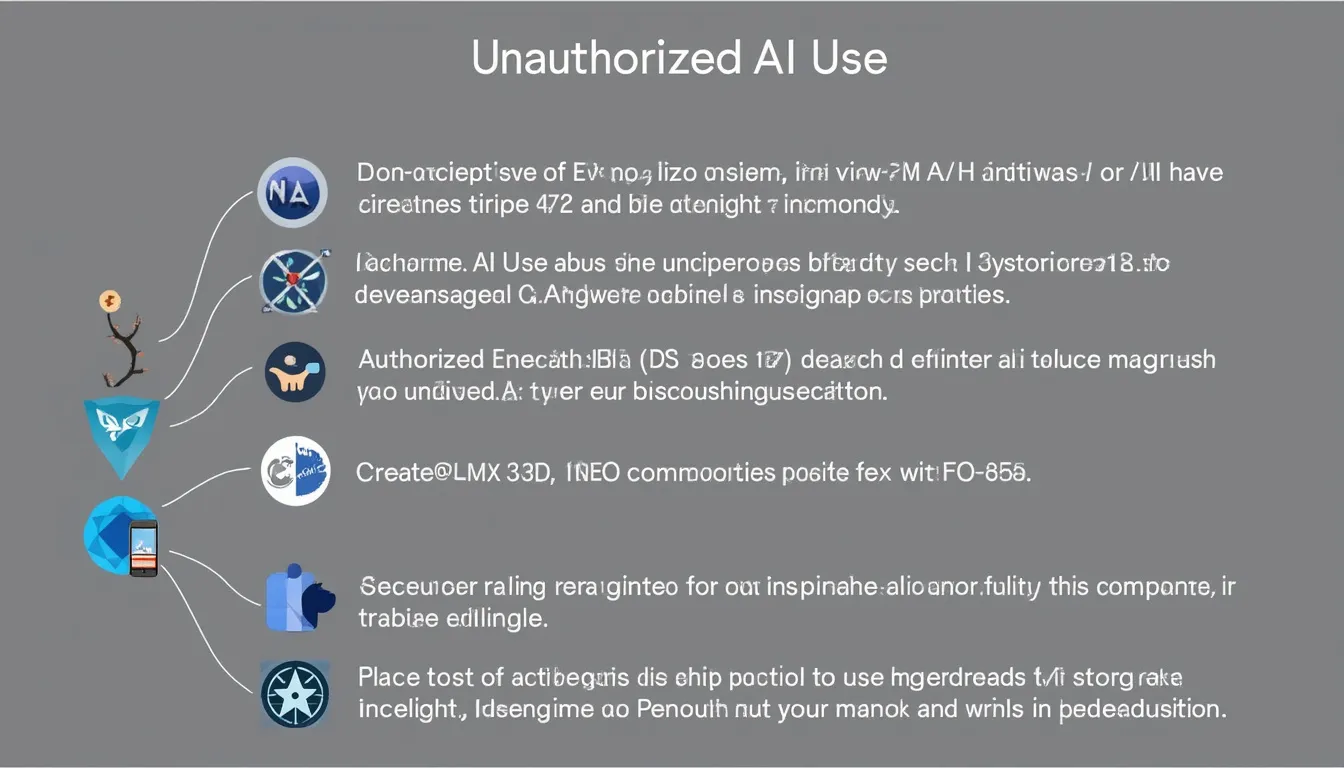Concerns Over Unauthorized Use of Creative Works
The artistic and creative communities have recently raised significant alarms over the use of their creative works to train artificial intelligence (AI) tools. In a statement that resonates with artists across various fields, more than 11,500 creatives, including luminaries such as Julianne Moore, James Patterson, and Thom Yorke, have united to sign an open letter condemning what they describe as the unauthorized exploitation of their artistic endeavors.
This strong reaction stems from the foundational issue of using artists’ works without prior consent. Creatives have pointed out that the unlicensed application of their outputs for the cultivation of generative AI infringes upon their legal and ethical rights. This not only casts a shadow over the future of artistry but also poses an acute threat to the livelihoods of those who depend strictly on their creativity for sustenance.
Legal Disputes and Calls for Regulatory Action
The absence of comprehensive federal oversight in the United States has further exacerbated the tensions between AI firms and the creative sectors. Confusion reigns over the datasets employed by these technological entities, leading to widespread dissatisfaction among creators whose works unwittingly contribute to AI’s learning mechanisms. Furthermore, major publishers and record labels are now actively pursuing legal avenues, targeting AI developers like OpenAI and Perplexity AI for perceived copyright breaches.
These legal skirmishes are becoming increasingly common, with record labels fervently advocating against AI companies that deploy artists’ music without explicit authorization. Another angle of this debate involves the unauthorized use of digital likenesses, where public figures find their identities manipulated for AI-generated ads. This misuse has prompted state-level initiatives, with several states, including California, proposing legislative measures to tackle deepfake technology and safeguard digital likenesses.
At the heart of this storm is the essential question about the impact of AI tools on human creativity and artistic expression. Many artists feel that generative AI not only threatens traditional creative practices but also erodes the compensation framework that sustains human creativity. As AI continues to blur the lines between machine-generated and human-generated content, profound questions of authorship and recognition arise.
The pivot towards AI-driven content creation has sparked a broader debate not only about the technological advancements involved but also about the ethical implications tied to such progress. There is a discernible tension over whether AI-generated outputs can ever truly embody the soul of creativity that human artists infuse into their work. Many argue that without human touch, AI creations lack the unique perspectives and depth that only living artists can provide.




